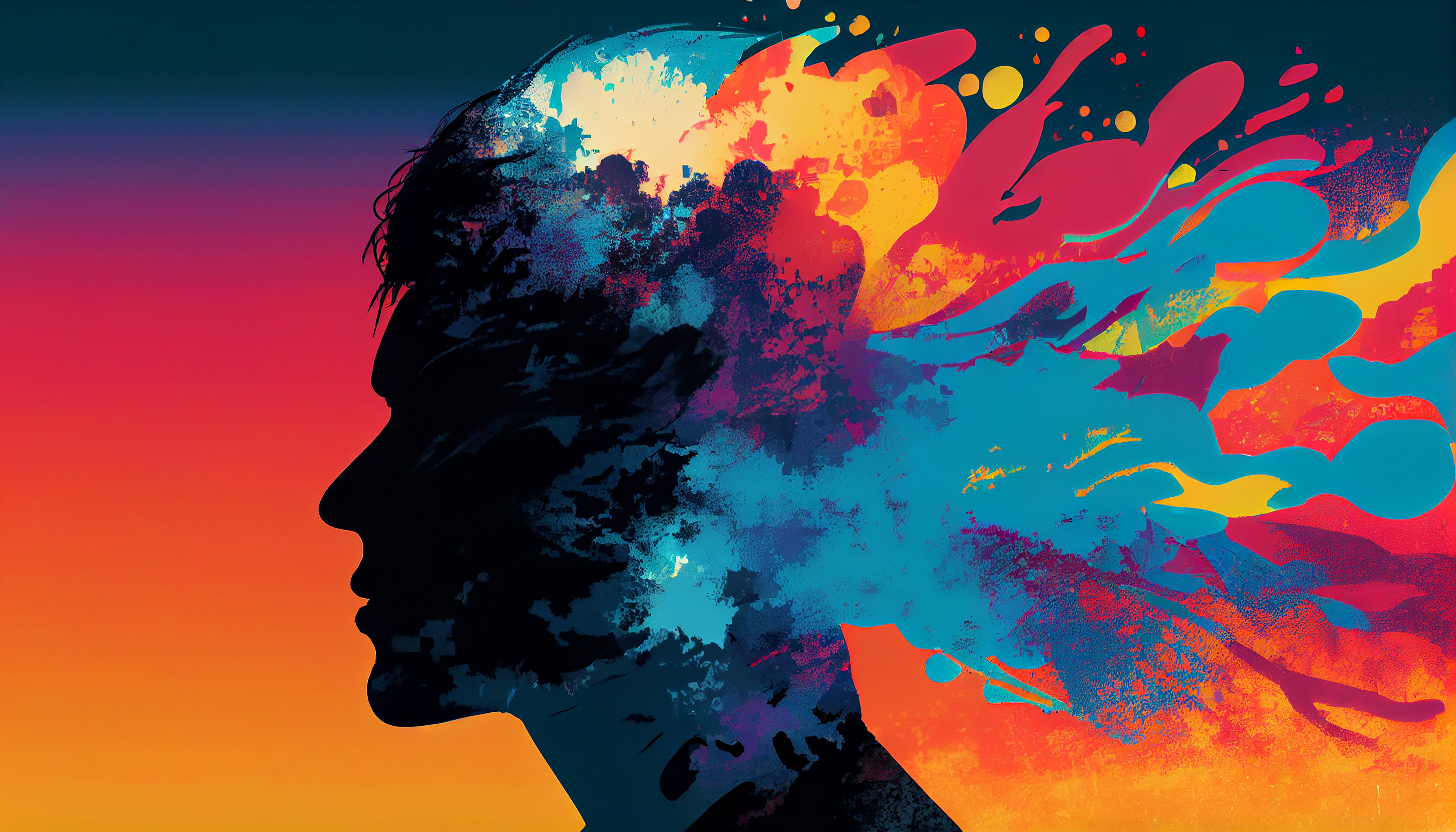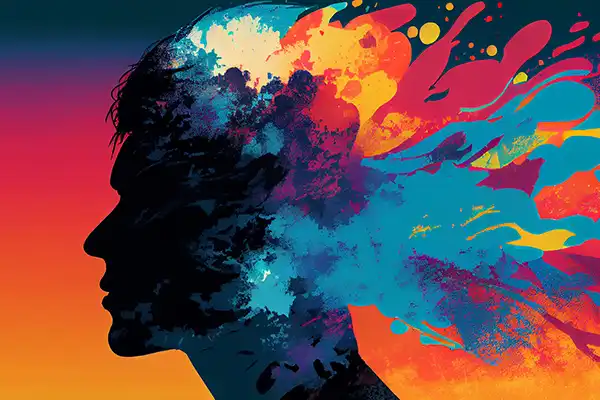

Activities
Our Blogs

Pain – is it just all in my head?
Pain! Is it just psychology?
“Does physical pain make emotional problem worse or does physical pain come about as a result of the emotional issues?”
Pain occurs in diverse forms and case, and it is mostly bearable. However, there are several instances of pain that can put a person in a state of psychological imbalance. When pain is not managed properly, it could worsen and become unbearable. Pain can cause depression and anxiety. As people go through pain, emotions and moods can be affected. To prevent the associated psychological symptoms that are connected to pain, it is important to address the basis of the pain.
Although pain is a personal experience, you have a lot of company. But at least there is some solace in knowing that you are not alone. And there is even more solace in knowing that many of these people have learned to live fulfilling lives despite their pain. You can too.
Pain, like the taste sour, is a feeling that requires a concurrent interaction between body and mind. If you have had an injury of some nature the physical condition alone will not generate “pain.” First, it must go along with your own mental and emotional activity, similar to the manner in which “sour taste” is produced by touching the tamarind to your tongue.
This doesn’t mean that pain is not real. Nor is it intended here to signify that it is “all in mind”. Instead, it means that to facilitate a better understanding about pain it must first be recognized as a mind/body phenomenon.
“Depression and anxiety may be unrecognized among patients with chronic pain,” said Dr. Matthew J. Bair, of Roudebush VA Medical Center in Indianapolis, Indiana. Left untreated, these conditions can have a devastating and profoundly negative impact on people with chronic pain, said Bair to Reuters Health.
A reciprocal relationship exists between persistent pain and negative affective states such as fear, anxiety, and depression. It is not unusual for those who suffer from chronic pain to feel stressed out and depressed. At times the stress and depression resulting from chronic pain can become unbearable, and can even worsen and prolong the pain. Increased pain can, in turn, lead to increased stress and depression, creating a vicious cycle of depression and pain that can be difficult to break.
The overlap of anxiety, depression, and pain is more a rule than an exception. Several studies suggest that 30% to 60% of patients with depression also suffer from a painful condition. The presence of pain is a major predictor of depression and anxiety. Furthermore, symptom severity in depression, anxiety, and sleep disorders could predict the onset of chronic widespread pain in a 15-month prospective study. It is becoming clear that the relationship between major depressive disorders, anxiety, and pain runs far below the surface. Research has shown that anxiety and depression are not responses, but outcomes of longstanding pain. In its most benign form, it warns us that something isn’t quite right, that we should take medicines or see a doctor. At its worst, however, pain robs us of our productivity, our well being, and, for many of us suffering from extended illness, our very lives. How is psychology related to pain?
There are many grounds why you feel worried and sad when you have pain. This rationale can be linked up to the pain itself, such as:
- Struggle finding proper treatments
- Worries about the cause of the pain
- High pain levels
- Pain that does not go away
Pain can also cause certain changes in your life, which make you feel worried or sad. These changes include:
- Changes in your inter personal relationships
- Not being able to mingle in social and physical activities
- Job-related issues
- Worries about money- job etc.
It is essential to understand how a person’s emotional state can be affected by depression, anxiety and pain. Pain can be physical such as the pain from an injury. Pain can be psychological such as pain from the loss of a job or pain from an unsuccessful relationship. No matter what the type and source of pain, emotional reactions that result can give way to depression and anxiety.


 Prev
Prev



